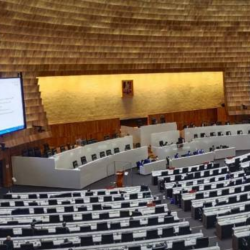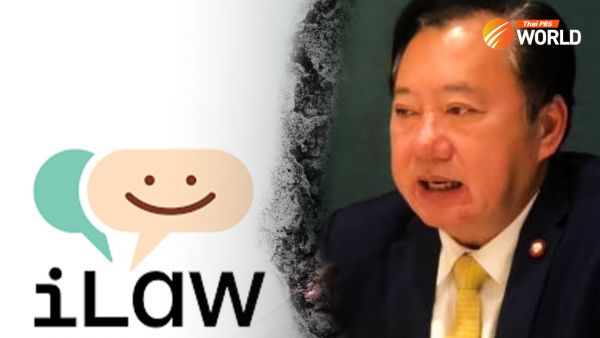Are ‘rebound’ infections cause for concern and are antivirals to blame?

Concern over COVID-19 “rebound” infections is soaring globally after US President Joe Biden tweeted on Sunday (July 31) that he had “tested positive again” – just days after recovering.
In rebound cases, patients suffer symptoms or test positive soon after completing a course of antivirals and testing negative. Such cases were initially thought to be rare but experts now believe they may be more common.
Biden began a course of Paxlovid treatment shortly after testing positive on July 21. He reportedly developed only mild symptoms and was able to continue working in isolation. Five days later, he tested negative. Subsequent daily tests every morning came back negative – until July 30, when the test showed he was positive for COVID again.
Links to Paxlovid?
Pfizer’s Paxlovid is an antiviral prescribed to people who are at risk of developing severe illness from COVID-19. Though Biden has had two vaccine shots and two boosters, as a 79-year-old he is in the high-risk category. Hence, he was prescribed the antiviral.
However, like Molnupiravir – which is used in Thailand and was prescribed for Public Health Minister Anutin Charnvirakul – Paxlovid treatment is sometimes followed by rebound infections.
According to a non-peer-reviewed study published in June of 13,644 patients who were prescribed Paxlovid, 3.53 percent prescribed suffered a rebound infection during the first seven days and 5.40 percent in the 30 days after treatment.
Of the seven-day group, 2.31 percent developed COVID symptoms and 0.44 percent were hospitalized. In the 30-day group, 5.87 percent had symptoms and 0.77 percent were hospitalized.
In comparison, the seven-day and 30-day rebound rate after Molunpiravir treatment was 5.86 percent and 8.59 percent for COVID-19 infection; 3.75 percent and 8.21 percent for symptoms; and 0.84 percent and 1.39 percent for hospitalization.
The study found that rebound cases were more frequent among people with underlying health issues, raising the possibility that chronic conditions rather than antivirals are to blame.
However, Chulalongkorn University medical lecturer Dr Thiravat Hemachudha said the cause of rebound infections remains unclear.
“It may be because the COVID-19 virus was not completely wiped out by the treatment, or because a resistance to the drug was developed,” he said.
Rebound cases in Thailand
Dr Manoon Leechawengwongs, a pulmonary-disease specialist, predicts that Thailand will likely see more rebound cases because Molnupiravir is becoming far more accessible. The government recently gave the green light for private hospitals and clinics to procure the drug for their patients.
He added that so far, rebound infections were rare in Thailand. And those who do suffer a rebound would not need to take another course of antivirals, he said. They just need to go into self-isolation for at least five days until they test negative.
A 60-year-old woman with no underlying health issues recently emerged as a suspected rebound case in Thailand. She contracted the virus for the first time despite having had four COVID shots.
After developing a sore throat and low fever, she took an ATK test which showed positive. She was then prescribed Molnupiravir by a doctor. On the second day of taking the pills, her symptoms had improved and by the fourth day, she tested negative.
She continued taking the drug until the 40-pill course was completed. However, seven days later she developed another sore throat, took another test and found she was positive again. This time she recovered quickly without taking Molnupiravir.
Dr Thiravat says COVID patients should be prescribed medicines based on their condition. For instance, if they do not improve within two days of taking Fah Talai Jone (green chiretta or Andrographis paniculata), they should quickly get antiviral medication to lower their risk of severe symptoms or hospitalization.
By Thai PBS World’s General Desk






